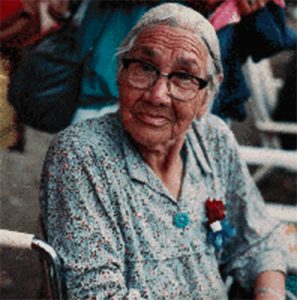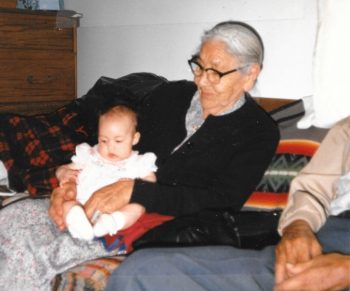A matter of character(s)
June 15th, 2021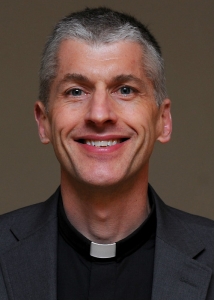 By Pastor Craig Pederson
By Pastor Craig Pederson
Last week I returned to my hometown in west central Minnesota (Starbuck) to officiate and sing at the funeral of a beloved neighbor of my family. Joe Hoium died of heart complications at the age of 95. He was vigorous and alert until the end: He was doing push-ups until two months ago, and was still watching every Twins game on TV. (No jokes were made that his devotion to the team may have hastened his demise, … but some of us were thinking it!)
Joe was a quintessential pillar of this small-town community, not because of a powerful professional position but because of his character that was marked by a life of service jobs and volunteering. After high school and a distinguished term in military service, Joe returned home, married the school administrative assistant, and together began their shared life.
Joe and Corrine (his wife) adopted and raised two incredible children who remain my friends today. For more than 40 years, Joe was a bus driver, hardware store sales associate, funeral home assistant, ambulance driver, volunteer fire fighter, church volunteer, Boy Scout leader, and VFW member. In short, Joe served others.
 DURING MY DRIVE out to the funeral that morning, I listened to a Radiolab podcast about the career and death of another man of character – or rather, characters: Mel Blanc. If you don’t know him by name, you would likely know his voice – actually, many voices. Blanc was the vocal talent and creative energy behind some of the most popular animated figures of the 20th century: Bugs Bunny, Porky Pig, Elmer Fudd, Daffy Duck, Yosemite Sam, Barney Rubble on the Flintstones, just to name a few.
DURING MY DRIVE out to the funeral that morning, I listened to a Radiolab podcast about the career and death of another man of character – or rather, characters: Mel Blanc. If you don’t know him by name, you would likely know his voice – actually, many voices. Blanc was the vocal talent and creative energy behind some of the most popular animated figures of the 20th century: Bugs Bunny, Porky Pig, Elmer Fudd, Daffy Duck, Yosemite Sam, Barney Rubble on the Flintstones, just to name a few.
“Arriving at the place where my own parents are buried and sitting there for a while, I couldn’t help but think: Is this all, folks?”
 The podcast was an interview with Blanc’s only child, Noel Blanc, who recounted the ups and downs of his father’s career and life. Noel Blanc described how his father totally immersed himself in his characters. He also described Blanc’s near-fatal auto accident in the early 1960s. After being in a coma for two weeks, unresponsive and with few signs of hope, a doctor came into his room and tried something different. He said to Blanc, “Bugs Bunny! How are you doing today?” Slowly, Blanc opened his eyes and said, “Ehh, what’s up Doc?” I know, this story is too good to be true, right? But it was verified by both Blanc’s son and the doctor himself!
The podcast was an interview with Blanc’s only child, Noel Blanc, who recounted the ups and downs of his father’s career and life. Noel Blanc described how his father totally immersed himself in his characters. He also described Blanc’s near-fatal auto accident in the early 1960s. After being in a coma for two weeks, unresponsive and with few signs of hope, a doctor came into his room and tried something different. He said to Blanc, “Bugs Bunny! How are you doing today?” Slowly, Blanc opened his eyes and said, “Ehh, what’s up Doc?” I know, this story is too good to be true, right? But it was verified by both Blanc’s son and the doctor himself!
Blanc eventually recovered. He became a workaholic and struggled to keep relationships and career in perspective. Near the end of his life, however, he and his son teamed up to do ads for Oldsmobile in the late 1980s. Some of you may remember this ad campaign that used celebrities and Warner Brothers characters to boldly claim, “this is not your father’s Oldsmobile!”
Blanc’s last recorded work was during this campaign, and his last character voice was Porky Pig uttering the iconic phrase, “Th-th-that’s all, folks!” At his own request, this is the phrase that is engraved on Blanc’s tombstone.
AT THE CEMETERY after Joe’s funeral, I heard the words of committal during the interment of his cremains: “earth to earth, ashes to ashes, dust to dust.” Then I walked the rows of tombstones where other community pillars – and many others who were lesser known – were laid to rest.
Arriving at the place where my own parents are buried and sitting there for a while, I couldn’t help but think: Is this all, folks? Even as Resurrection people, the immediacy and inevitability of death can be overwhelming.
One of the scripture readings at Joe’s funeral was Romans 5 (one of my favorites!) where Paul writes, “… we also boast in our sufferings, knowing that suffering produces endurance, and endurance produces character, and character produces hope, and hope does not disappoint us, because God’s love has been poured into our hearts through the Holy Spirit that has been given to us” (vv. 3-5).
“Joe was a quintessential pillar of this small-town community, not because of a powerful professional position but because of his character that was marked by a life of service jobs and volunteering.”
“Character” is variously translated as “a unique mark, a distinctive quality, an enduring gift.” Joe’s depth of character was expressed in a certain way, while Mel Blanc’s was in a very different way.
What is the character of your church? What is your character as a Christian? Many of us are asking these questions as we emerge from 15 months of a pandemic, racial justice awakening, and economic disruption into a new reality.
I encourage you to continue exploring these questions, knowing that God‘s love is poured into your hearts to give expression to your character. Through Christ, God’s promise is “that’s not all folks!” God is not done with us yet – neither in this life, nor in the life to come.

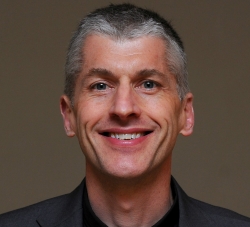

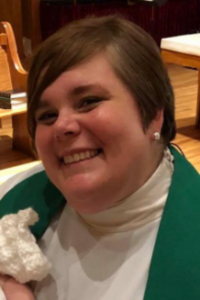 By Pastor Norma Malfatti
By Pastor Norma Malfatti 

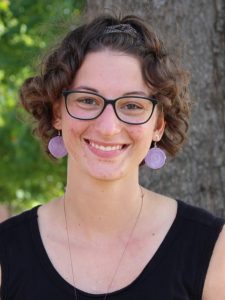 By Madeline Troyer
By Madeline Troyer
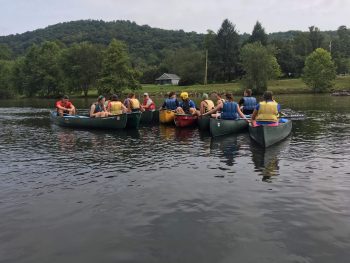

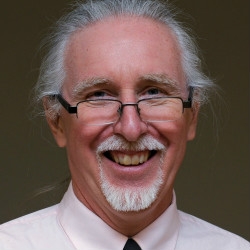
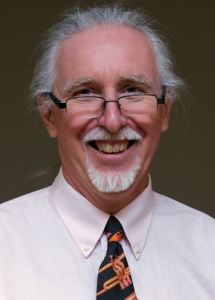 By Bob Hulteen
By Bob Hulteen 
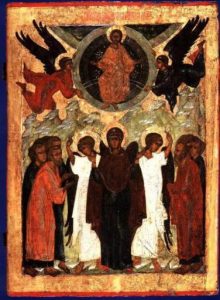 being removed at the end of the month for indoor gatherings, though face masks will still be required.
being removed at the end of the month for indoor gatherings, though face masks will still be required.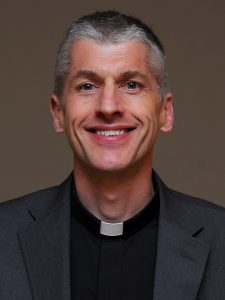 By Pastor Craig Pederson
By Pastor Craig Pederson
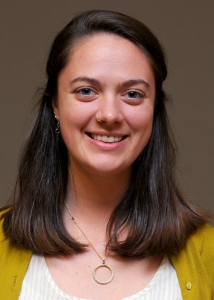 By Emilie Bouvier
By Emilie Bouvier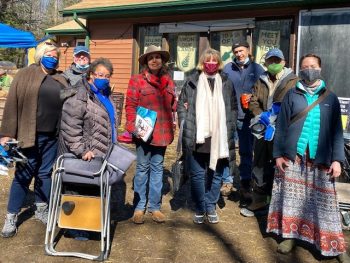
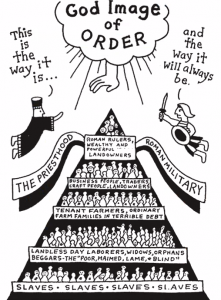
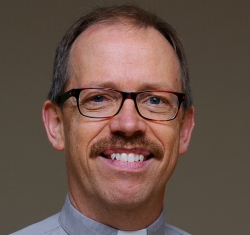
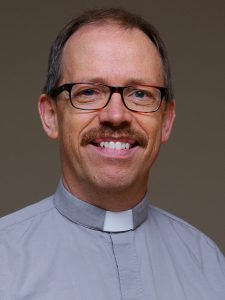 By Pastor John Hulden
By Pastor John Hulden 
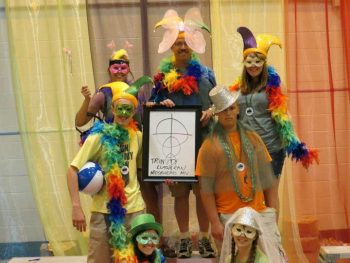

 By Brenda Blackhawk
By Brenda Blackhawk 